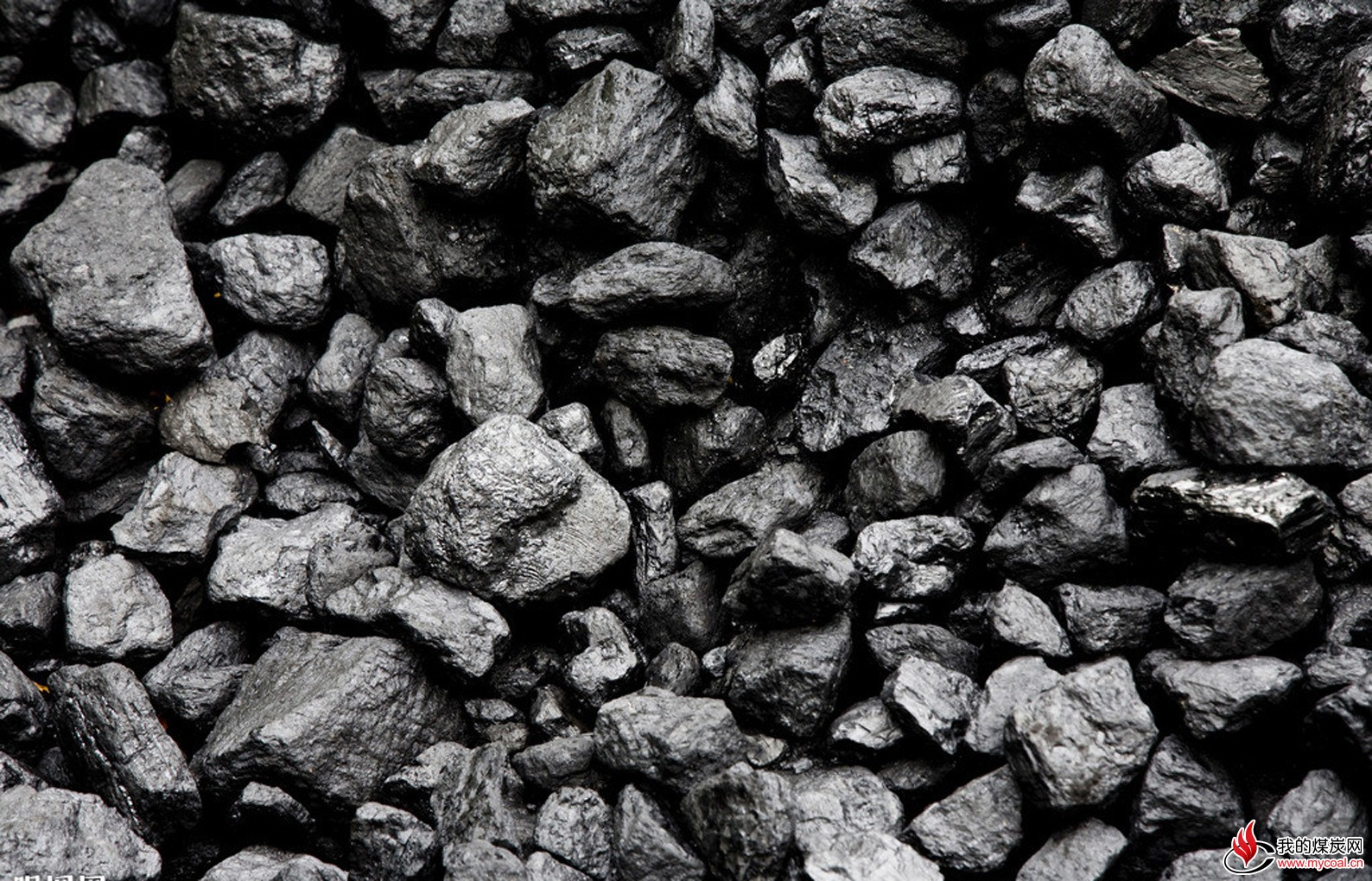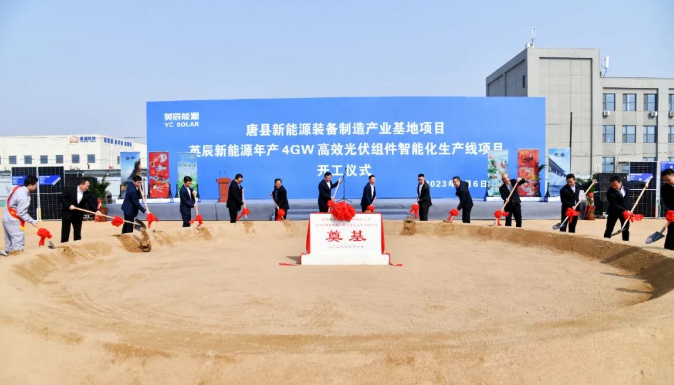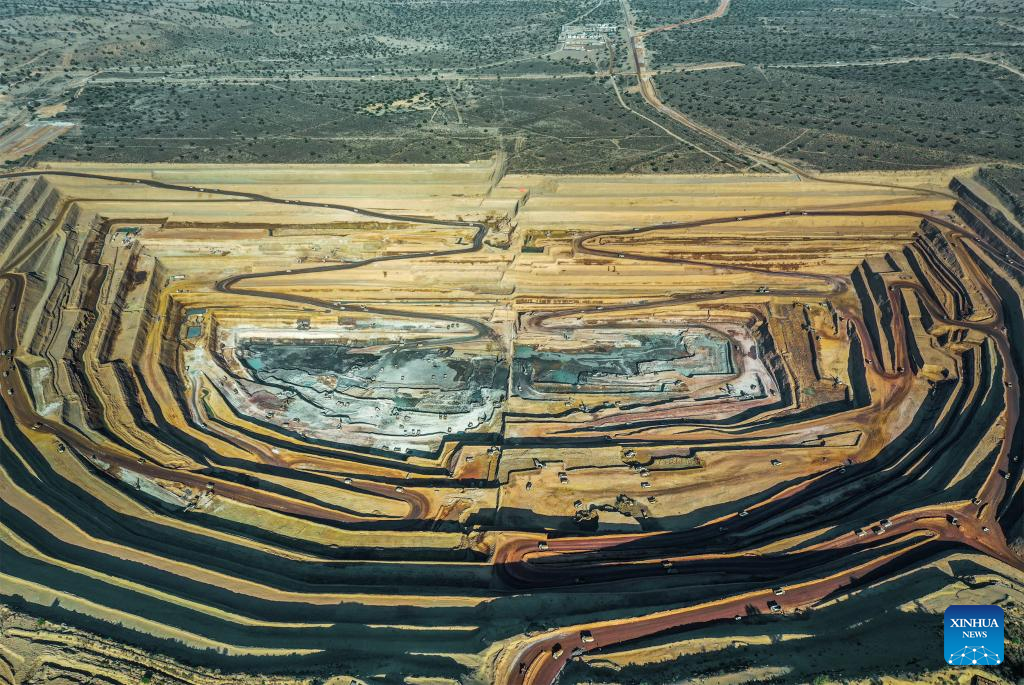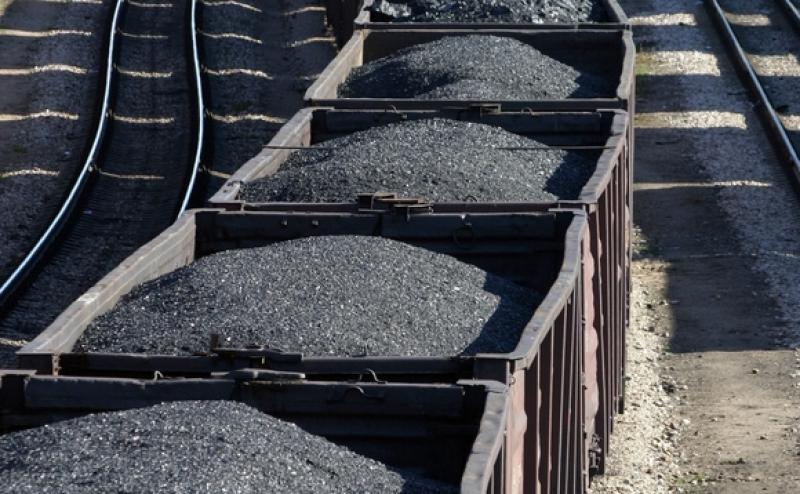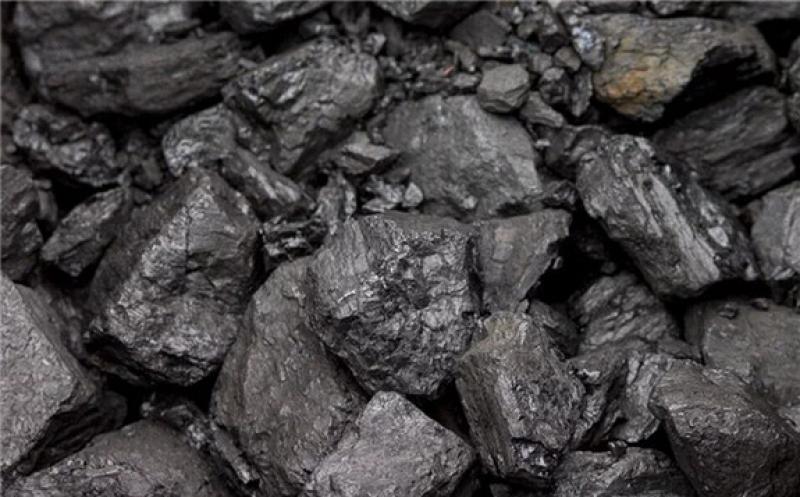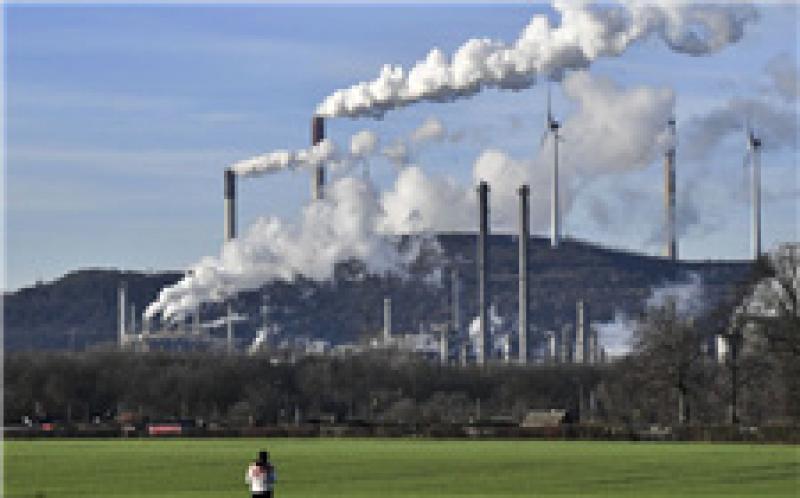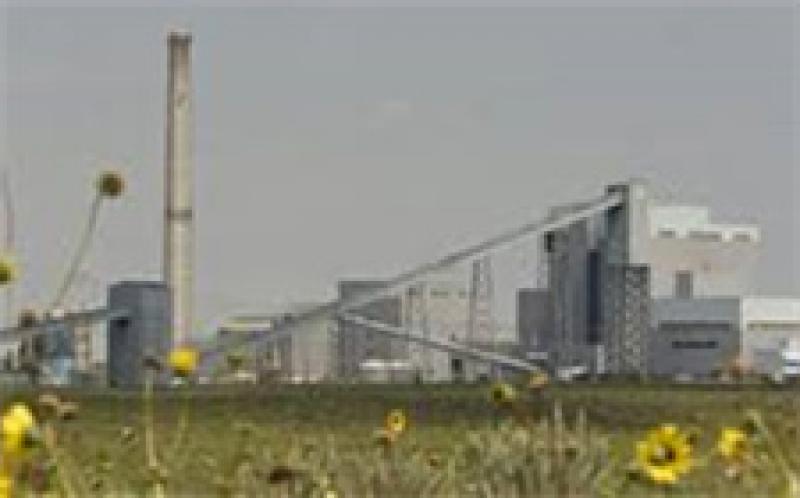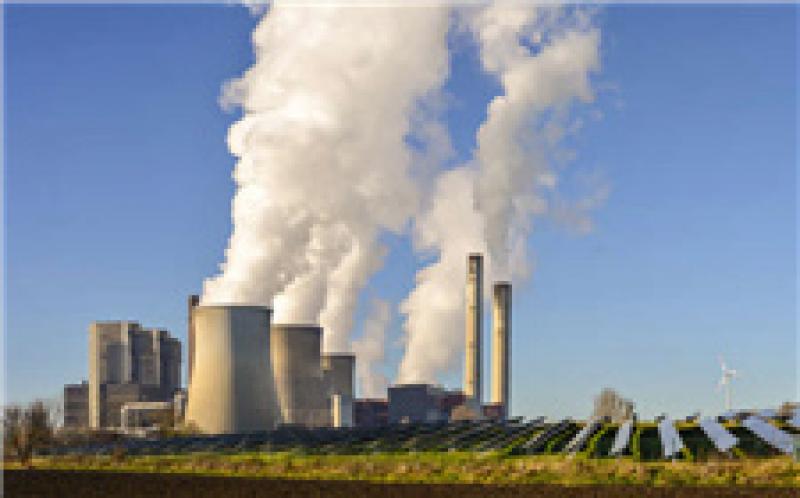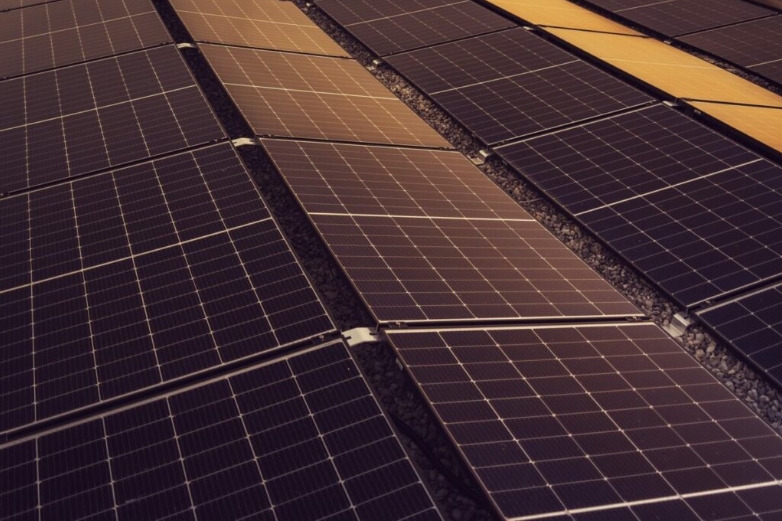
The Royal United Services Institute (RUSI) has argued that the UK could become too reliant on China for renewable supply chains such as solar.
Detailed in the defence and security think tank’s new report, New Energy Supply Chains: Is the UK at Risk from Chinese Dominance, China’s early move in the processing of many of the minerals used in net zero technologies has meant that it has taken a huge share of the global market and many countries risk becoming too reliant as a result.
According to the report, China has a “near monopoly” on the production of polysilicon, silicon wafers and silicon cells. There are also very high concentrations of up to a 60–80% market share in many other elements of these supply chains.
China also has a “near monopoly” in the mineral processing supply chain taking up a staggering 80-100% market share. Another supply chain is rare earths, which are often used to manufacture the permanent magnets in wind turbines and electric vehicles (EVs).
Batteries and wind turbines are also cited as technologies that the UK relies heavily on China to develop, prompting concerns, particularly in the wake of the Russian invasion of Ukraine which saw energy prices skyrocket across the globe primarily due to a reduction in the supply of gas and oil from Russia.
To highlight the predicament here for the UK’s energy transition, it is important to acknowledge the expected demand for renewable infrastructure by 2035.
The growth in infrastructure in England and Wales for solar by 2035 could be up to five times and battery storage this figure stands at up to 10 times.
As these technologies require imported goods and materials from China, a deterioration in relations could prove catastrophic to the UK’s net zero journey.
RUSI outlined that the biggest risk for the UK is shortages of critical materials. With shortages widely forecast, and with China’s control of mineral processing and refining, it means that the country would play a central role in the allocation of scarce goods which could break into a political and diplomatic issue.
History also indicates that China would be prepared to make these tough decisions. An example of this is China’s ban on Australian coal. Commenting on the, the NUSI report said that “where a security threat is perceived, Beijing will take action, even if it will cause damage to the Chinese economy”.
